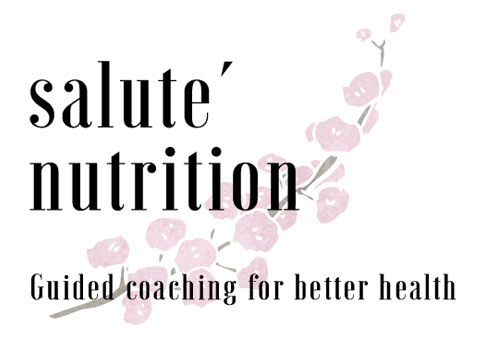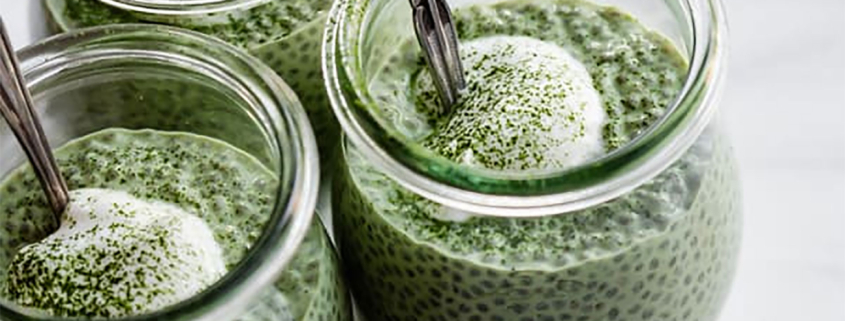It’s no secret that eating more plants is good for everyone’s health. The nutrients and antioxidants they provide protect cells from oxidative damage and inflammation. That may in turn, reduce the risk of developing many chronic diseases, including diabetes.
However, people with prediabetes or diabetes often ask whether diets that restrict animal protein are a good choice for managing blood sugar, or are they too high in carbohydrates? Here’s a look at some current research and recommendations for patients regarding vegetarian and vegan diets.
Research on Diabetes and Vegetarian Diets
Vegetarian diets can range from vegan, which restricts all animal foods, to those which include eggs, dairy, and occasionally fish or chicken. All types of vegetarian diets can have health benefits. In particular, research suggests that compared to people who eat more animal foods, and especially meat, vegetarians and vegans have a lower risk of developing diabetes.
• In a study on nearly 3,000 Buddhists, those with a lifelong adherence to a vegetarian diet had a 35% lower risk of developing diabetes.
• Research on Seventh Day Adventists, who commonly follow various vegetarian diet patterns, shows that this population has 45% of diabetes rates compared to the general public. In addition, a study that followed 8,400 Seventh Day Adventists for 17 years found that among those who ate meat just once per week, the risk of developing diabetes increased by 29%.
• A more in-depth look into the Adventist population and their different types of vegetarian diets found that vegans had the lowest risk of developing diabetes. They were followed by lacto-ovo vegetarians, then pesco-vegetarians, and finally, semi-vegetarians who ate meat occasionally, but not daily.
• Research on diabetes management also supports the use of both vegan and vegetarian diets. A meta-analysis that looked at five studies on vegans and one on lacto-ovo-vegetarians found that both types of diets reduced A1c levels over an average 24-week period.3
• Finally, a small study on 93 Asian people with diabetes compared the effects of a brown-rice vegan diet, which provided an average 76% of calories from carbohydrates and a Korean Diabetes Association diet, which averaged 64% carbohydrate. While both improved A1c levels, researchers found the vegan diet to be slightly more effective, with a more considerable reduction in A1c levels after 12 weeks.





Leave a Reply
Want to join the discussion?Feel free to contribute!